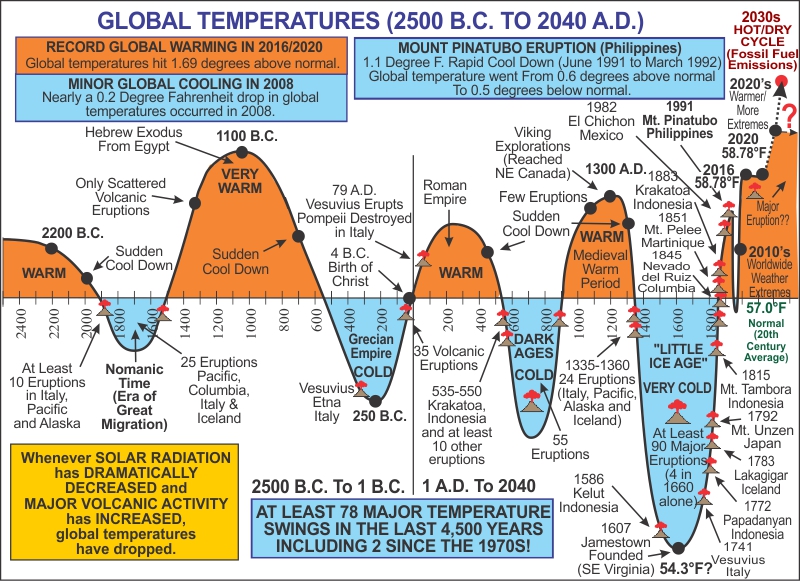We have all seen the news recently regarding the increasing threats from global warming, so what is going to change following the UN climate summit in Glasgow this November, maybe a list of promises to do something one day but I doubt very little else because in reality what can they do.
Boy you have sparked a debate.
I'm sure you are right that our government won't take difficult decisions but nevertheless I do think progress will be made as quite a lot of CO2 reductions can be made by stimulating industry at relatively little cost to the taxpayer.
That we need to reduce GHG emmisions I'm in no doubt, the consensus from throusands of differnt independant scientific studies going back decades is very clear. Also it will take many years to reduce CO2 emmisiois to reverse climate change, we will have to adapt to climte chage in the short term. To do nothing is untenable, without seriouse interventioin the planet will warm uncontolably to the point where food production at scale would be threatened.
The is scope for some optimism.
A lot a progress has already been made, LED lighting uses 10% of the power of incandecent lighting (which used to account for 32% of global electricity usage) and has enabled countreis like the UK to grow output whilst reducing CO2 emisiosns. Wind, solar and nuclear power are enableing the UK to completly decarbonise the grid. This will enalbe two of the biggest sources of CO2 to be takled relatvely beighnly, grid power and transportation as it will enable zero carbon EVs.
I think this will be relatively painless to the public as the cost of EVs will fall to match ICE, and with running costs will be lower cost overall. An issue with EVs, is that whilst most journies as less than 20 miles, people will need to buy expensive long range cars and vans in rural commuiites and for taking holidays etc.
The big challenges will be decarbonising space heating, domestic and commercial.
I've been surprised how expesive ground source heat pumps still are. We are looking at installing as system raound 3 local schools, two churches and an old peoples home. The cost of laying the pipes aournd the sports field will mean the scheme costs £400k for an energy saving on £1k per year vs existing gas. I've no doubt that innovation will come eventually into this supply chain to take costs down, as it has done so with off-shore wind, where dramatic increases in productivity have slashed costs of installation. Goverment subsidy was needed to kick start that industry, maybe that is required to get heat pumps cost competitive.
Whilst we need to reduce our use of energy and waste, the cost of air travel and other modern luxuries will need to rise somewhat, I dont think there is a need for all-out national hairshirtism. A mixture of energy price rises and new techology should be sufficient to catlaise the chages needed.
We have to recognise that today, energy is too cheap. Its historically very low which encourages consuption and waste, it probably should be double what we currently pay, a carbon tax would make sense. I'd prefere to manage household poverty in the UK by reducing the cost of houseing rather than keeping energy prices low. A policy to build new homes and provide enough private and public houseing to lower the cost of the averge house and rent by 50 % would do a lot to alievate in work povity. It the cost of houseing not energy that has impoverished the current generarion.
I do think there is a case for the UK leading by example. We are the fith or sixth biggest economy and have enought intelectual, human and natural resouces (wind, sunshine etc) to mae the transition. The the country that led the indusreal revoluton we would be highly influential in leading the net zero revoluton. Although China's consumptoin is massive, they have adopted, solar, wind and EVs to a greater extend than any other country. Furthermore they are very vulnerable to climate change, to desertificati, flooding, and food supply instablilyt.
This summer of extreme weather, the recent IPCC reports and positive initiatives form the EU, and USA all bode well for a constructive COPT26, even if the UK governments response is lackluster at first, I can see good reasons for the UK being amougst the leaders.





